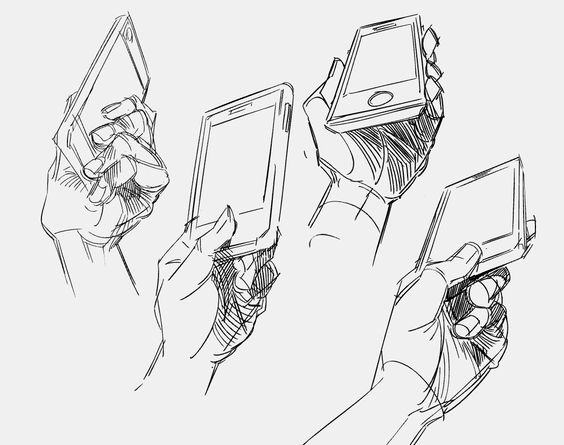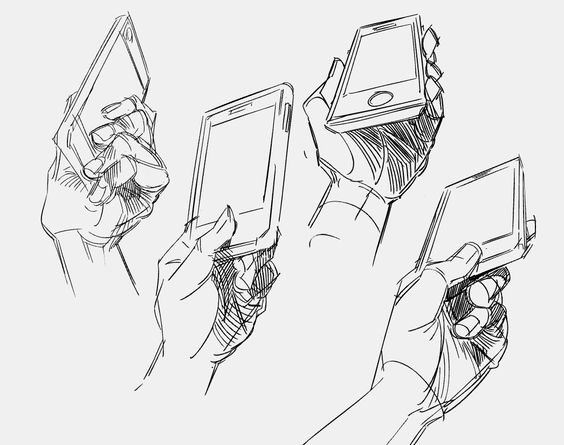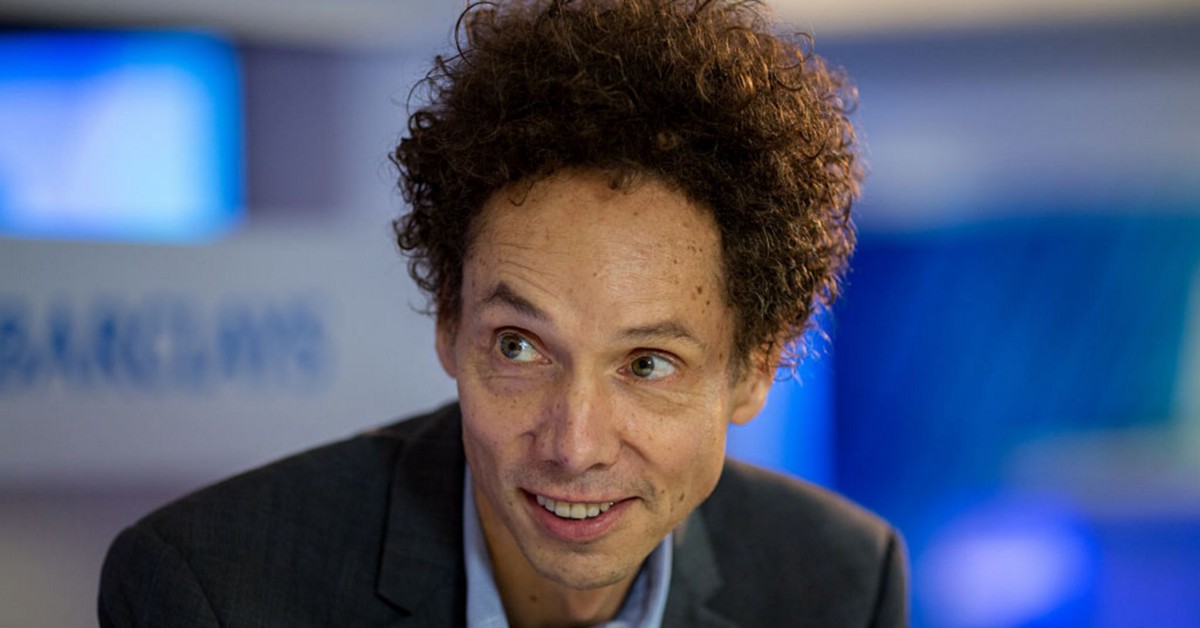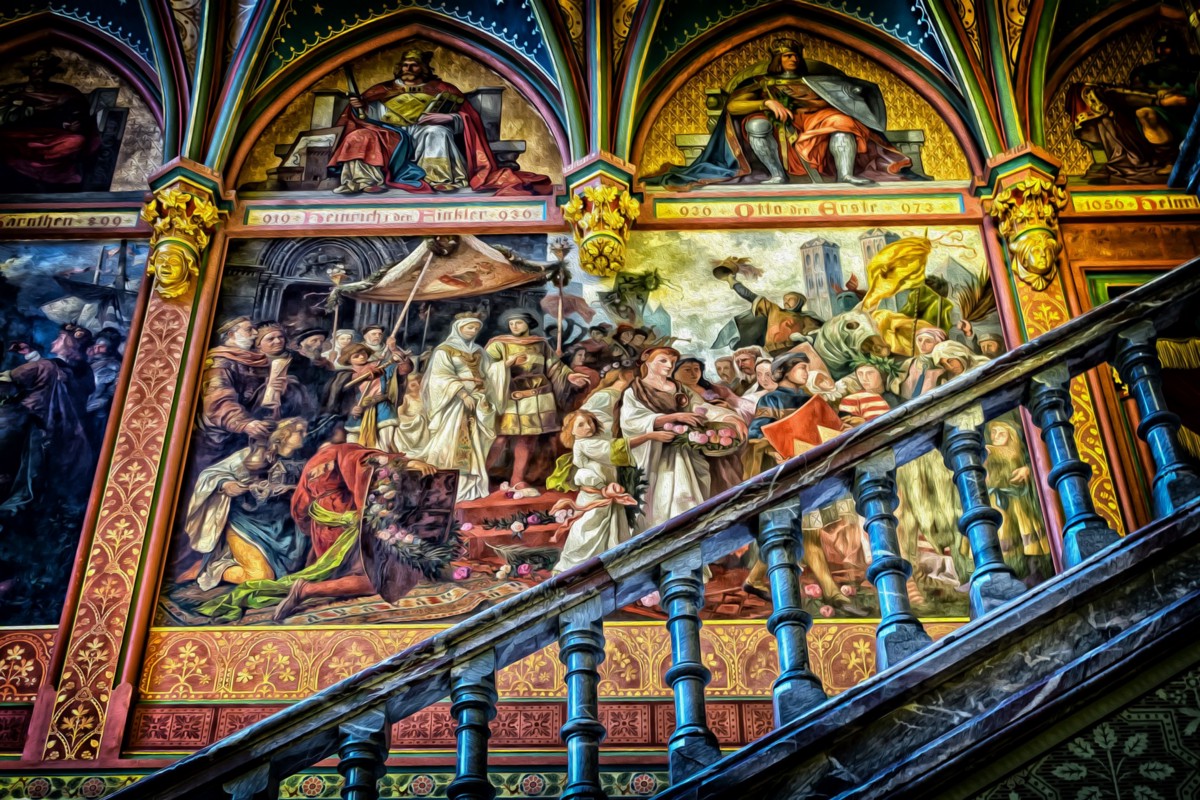
In today’s world of social media, it’s almost impossible to not get caught up in the comparison game. Everyone’s accomplishments are on display, collecting likes and shares. Hopefully, you’re wise enough to know intuitively that what we see on social media is the “highlight reel” and that everyone, no matter how rich or famous, has their moments of turmoil and darkness.
Yet, even though most of us understand this, we still forget that the constant “looking around” at what others are doing affects our own work.
When we see things go viral or become popular, we assume that must be what everyone wants. There’s a little voice in our head that says, “That must be the answer!” We then begin to shape our own art to fit a certain niche or category, as to not miss out on the latest trend. We see the competition and place ourselves in the same arena.
Competition and rivalries have their place, but there’s a danger of becoming so focused on getting ahead—or catching up—to those around us, that we forget what made us start in the first place. When we foucs on the competition, we see our limits, we see our shortcomings, we see what we’re not doing enough of. We watch in vain and think, “If I could do that, I’d be where I want to be.”
It’s this destructive cycle of comparison and competition that make people want to quit. They come face-to-face with what they lack and create limiting beliefs and self-doubt. Through comparison, they create pain around what should be pure enjoyment. This rarely ends well.
To make the art and the work you were born to make, you have to stop looking around and start looking up. Look up at the unlimited and wide open possibility of what you’re capable of.
Phil Knight, the founder of Nike, writes a beautiful passage in his memoir about how the real art of competition is the art of forgetting:
“People reflexively assume that competition is always a good thing, that it always brings out the best in people, but that’s only true of people who can forget the competition. The art of competing, I’d learned from track, was the art of forgetting. You must forget your limits. You must forget your doubts, your pain, your past. You must forget that internal voice screaming, begging, “Not one more step!” And when it’s not possible to forget it, you must negotiate with it. I thought over all the races in which my mind wanted one thing, and my body wanted another, those laps in which I had to tell my body, “Yes, you raise some excellent points, but let’s keep going anyway…”
Stop looking around. You have everything you need.
Just. Keep. Going…
Source notes: Shoe Dog: A Memoir by the Creator of Nike, by Phil Knight



